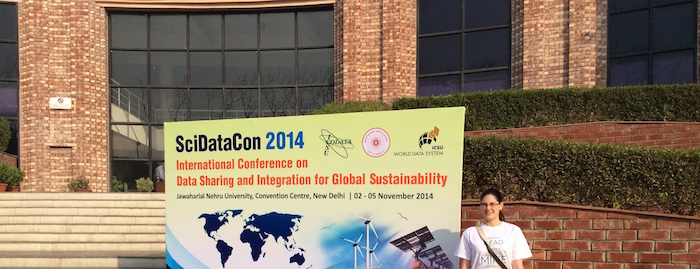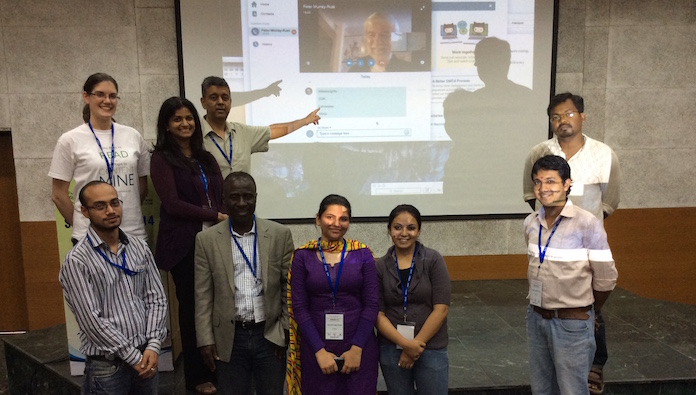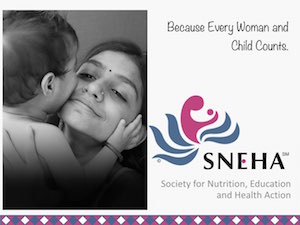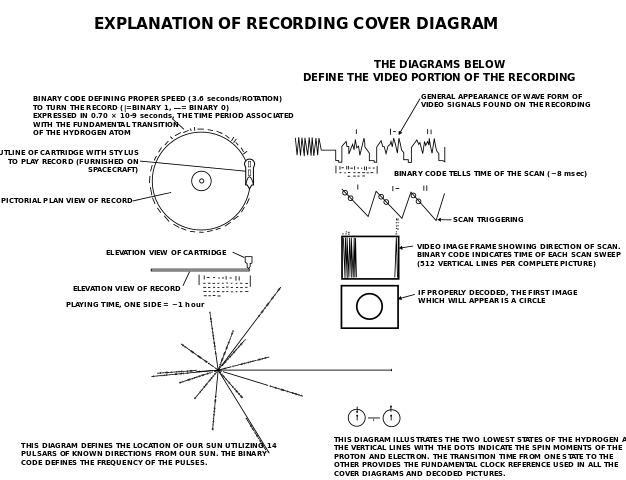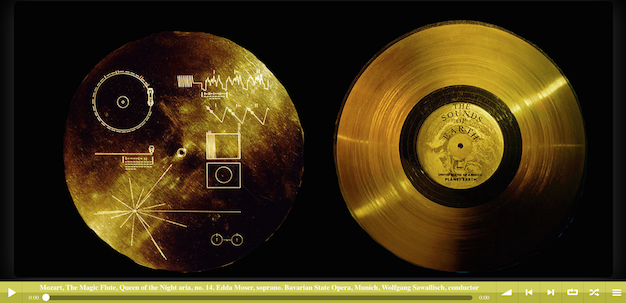Bill & Melinda Gates Foundation to require CC BY for all grant-funded research
vendredi 21 novembre 2014 à 18:15Philanthropic foundations fund the creation of scholarly research, education and training materials, and rich data with the public good in mind. Creative Commons has long advocated for foundations to add open license requirements to their grants. Releasing grant-funded content under permissive open licenses means that materials may be more easily shared and re-used by the public, and combined with other resources that are also published under open licenses.
Yesterday the Bill & Melinda Gates Foundation announced it is adopting an open access policy for grant-funded research. The policy “enables the unrestricted access and reuse of all peer-reviewed published research funded, in whole or in part, by the foundation, including any underlying data sets.” Grant funded research and data must be published under the Creative Commons Attribution 4.0 license (CC BY). The policy applies to all foundation program areas and takes effect January 1, 2015.
Here are more details from the Foundation’s Open Access Policy:
- Publications Are Discoverable and Accessible Online. Publications will be deposited in a specified repository(s) with proper tagging of metadata.
- Publication Will Be On “Open Access” Terms. All publications shall be published under the Creative Commons Attribution 4.0 Generic License (CC BY 4.0) or an equivalent license. This will permit all users of the publication to copy and redistribute the material in any medium or format and transform and build upon the material, including for any purpose (including commercial) without further permission or fees being required.
- Foundation Will Pay Necessary Fees. The foundation would pay reasonable fees required by a publisher to effect publication on these terms.
- Publications Will Be Accessible and Open Immediately. All publications shall be available immediately upon their publication, without any embargo period. An embargo period is the period during which the publisher will require a subscription or the payment of a fee to gain access to the publication. We are, however, providing a transition period of up to two years from the effective date of the policy (or until January 1, 2017). During the transition period, the foundation will allow publications in journals that provide up to a 12-month embargo period.
- Data Underlying Published Research Results Will Be Accessible and Open Immediately. The foundation will require that data underlying the published research results be immediately accessible and open. This too is subject to the transition period and a 12-month embargo may be applied.
Trevor Mundel, President of Global Health at the foundation, said that Gates “put[s] a high priority not only on the research necessary to deliver the next important drug or vaccine, but also on the collection and sharing of data so other scientists and health experts can benefit from this knowledge.”
Congratulations to the Bill & Melinda Gates Foundation on adopting a default open licensing policy for its grant-funded research. This terrific announcement follows a similar move by the William and Flora Hewlett Foundation, who recently extended their CC BY licensing policy from the Open Educational Resources grants to now apply foundation-wide for all project-based grant funds.
Regarding deposit and sharing of data, the Gates Foundation might consider permitting grantees to utilize the CC0 Public Domain Dedication, which allows authors to dedicate data to the public domain by waiving all rights to the data worldwide under copyright law. CC0 is widely used to provide barrier-free re-use to data.
We’ve updated the information we’ve been tracking on foundation intellectual property policies to reflect the new agreement from Gates, and continue to urge other philanthropic foundations to adopt open policies for grant-funded research and projects.


